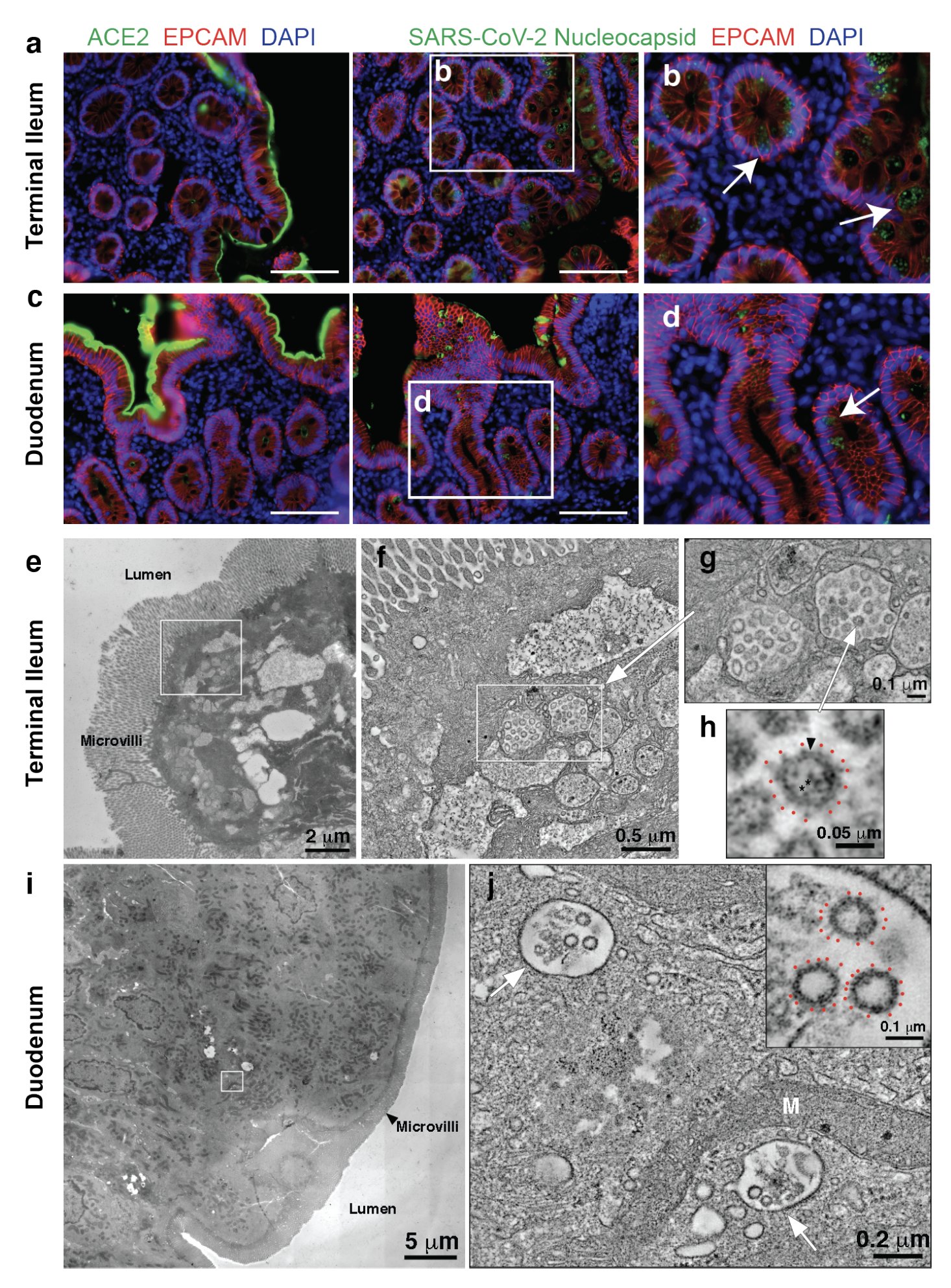Sasha
Senior Member (Voting Rights)
Ominous:
Article said:How long it will take long-Covid patients to recover remains unknown. Dr. Putrino said most of them won’t get better on their own, and will need at least six months of structured rehabilitation.



